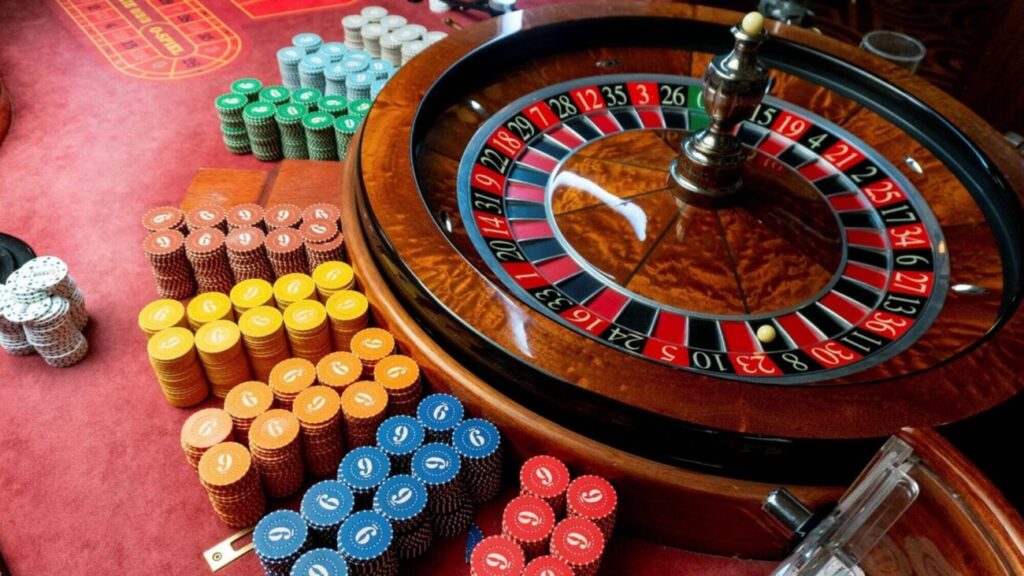Top Regulations Manipulation of Casino Slot Game Machines
Casino slot machines are subject to a variety of legal regulations and restrictions to ensure fairness and prevent manipulation. These regulations are put in place to protect players and maintain the integrity of the gambling industry. While specific regulations may vary depending on the jurisdiction, there are several common measures taken to achieve these goals. First and foremost, regulatory bodies, such as gaming commissions or control boards, oversee the operation of casinos and enforce the regulations. They are responsible for granting licenses to casinos and ensuring compliance with the rules. These regulatory bodies typically conduct regular audits and inspections to verify that the slot machines are functioning correctly and meet the required standards. One crucial aspect of ensuring fairness is the concept of random number generation RNG. RNG technology is used in slot machines to determine the outcome of each spin.

The RNG produces a sequence of numbers that corresponds to specific outcomes on the reels, ensuring that the results are truly random. Regulatory agencies typically require that slot machines use certified RNG systems to prevent any manipulation or predictability. Furthermore, regulatory bodies often establish minimum payout percentages that mega888 apk casinos must adhere to. These percentages determine the amount of money that the slot machine must return to players over a specified period. By enforcing these payout percentages, regulators aim to guarantee that players have a reasonable chance of winning and are not being exploited. In addition to the technological safeguards, physical security measures are implemented to prevent tampering with the machines. Slot machines are typically equipped with seals or locks to prevent unauthorized access to their internal components. Casinos are required to maintain detailed records of all activities related to their slot machines, including repairs, inspections, and any changes made to the software or hardware.
To further promote transparency, some jurisdictions require that casinos display the payout percentages of their slot machines. This allows players to make informed decisions about which machines to play based on their likelihood of winning. If a casino is found to be in violation of the regulations, penalties can be severe. They may range from monetary fines and license suspensions to permanent revocation of the casino’s operating license. These penalties serve as a strong deterrent against any attempts to manipulate or cheat players. In conclusion, legal regulations and restrictions are in place to ensure fairness and prevent manipulation of casino slot machines. These measures include rigorous oversight by regulatory bodies, the use of certified RNG technology, minimum payout percentages, physical security measures, and penalties for non-compliance. By implementing these regulations, authorities aim to safeguard the interests of players and maintain the integrity of the gambling industry.

